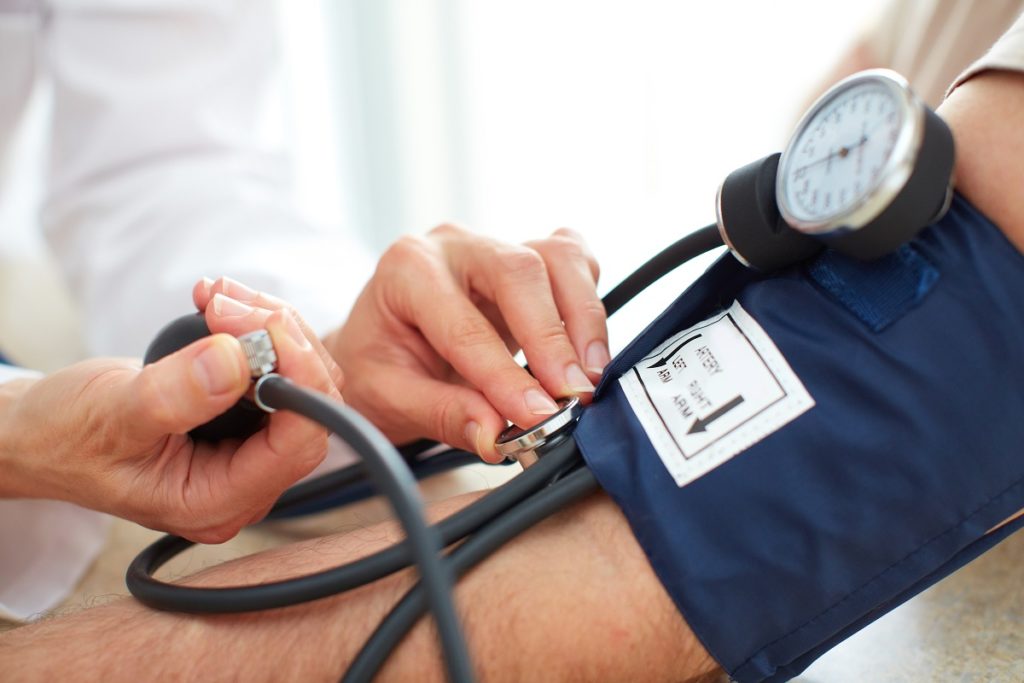While the exact causes of high blood pressure (or hypertension) are unknown, studies suggest that it can run in the families. This means that you have an increased chance of having it if a close blood relative (parents or siblings) has or had high blood pressure. This can be due to having the same genes that predispose you to specific health conditions like hypertension.
Increased risk
According to the Center for Disease Control and Prevention (CDC), having one or more blood relatives with the said condition before the age of 60 means having twice the risk of getting it. However, this does not necessarily mean that you will surely have hypertension; it can only increase your risk of having it.
Apart from the genes passed on to children and other close family members, it is also likely for relatives to share habits that can raise their risk of high blood pressure. These may include diet, smoking, and level of physical activity. A family history of hypertension, furthermore, is associated with other risk factors for certain diseases like stroke and heart disease. These include:
- High body fat (being overweight or obese)
- High cholesterol levels
- Increased sensitivity to the effects of salt (on elevated blood pressure)
What can you do?
 Family physicians in South Jordan note that if someone in your family has or had high blood pressure, it is essential to learn more about hypertension, as well as make positive lifestyle changes. Some of the things that can help you and your loved one include:
Family physicians in South Jordan note that if someone in your family has or had high blood pressure, it is essential to learn more about hypertension, as well as make positive lifestyle changes. Some of the things that can help you and your loved one include:
- Eat a balanced diet. Fill your diet with fruits and vegetables, as well as whole grains, fish, poultry, and low-fat dairy foods. Also, eat less trans and saturated fat.
- Choose foods with less salt. Apart from putting down the saltshaker, you should also avoid lots of processed foods or at least pay attention to their sodium content.
- Limit alcohol consumption. The recommended limit is up to one drink a day for women and two drinks a day for men.
- Exercise regularly. If you haven’t exercised for quite some time, start with brisk walking for about 30 minutes a day and gradually increase your activity’s intensity.
- Lose excess weight (if needed). Having a healthy weight can help control your blood pressure and lower your risk of associated health conditions. You can work with a dietitian or a doctor to learn healthy ways of losing weight.
- Quit or stop smoking. The nicotine in cigarette smoke can raise your heart rate and blood pressure, as well as narrow your arteries. It can also increase your risk of severe health conditions like lung cancer, chronic bronchitis, stroke, and others.
- Manage stress. Regular exercise (aerobics like running and dancing) can help, as well as practicing deep breathing and meditation.
- Monitor your blood pressure. Having a blood pressure monitor at home is beneficial, but do take note that it isn’t a substitute for your doctor’s appointments. If you don’t own one, it is best to have blood pressure checked at least once a year to make sure it’s within normal levels.
If you, on the other hand, already have high blood pressure, be sure to take your prescribed medications regularly. It is also essential to keep in close touch with your family physician and partner with him/her to manage your condition and lower your blood pressure.
